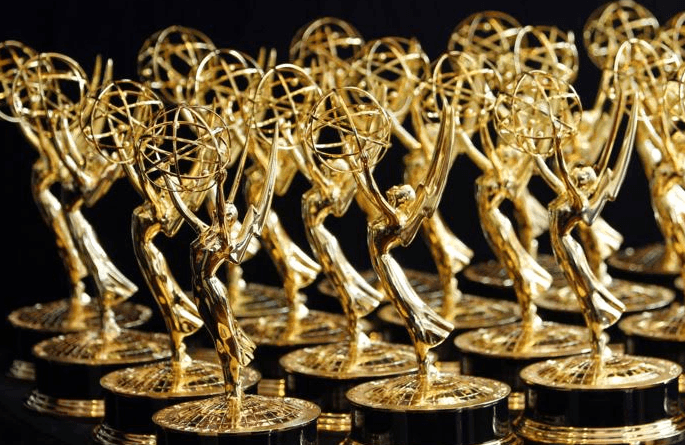This year’s Emmy Awards made strides toward greater diversity, but more work needs to be done
3 min read
NYMag.com
By RACHEL FINSTON
Senior Writer
Last week, the Emmy Awards broke records and perhaps set a precedent for a new wave of racial and gender diversity in award shows. Donald Glover became the first African American to win Outstanding Lead Actor in a Comedy Series for his show “Atlanta,” along with two other people of color who were also nominated in the same category. Aziz Ansari was awarded for his “Master of None” and Anthony Anderson for “Black-ish.”
Glover also took home the Emmy for Outstanding Directing for a Comedy Series for “Atlanta,” and Ansari won an award for writing his Netflix series. Riz Ahmed made history twice when he won Outstanding Lead Actor in a limited series or movie. He is both the first Asian American to win this award and the first Muslim. Sterling K. Brown won Outstanding Lead Actor in a Drama Series, which makes the first clean sweep for men of color in lead performances in the history of the Emmys.
There has been a considerable amount of controversy regarding award nominations in the last few years, specifically, the lack of racial diversity amongst the nominees. This problem has always existed, but it has come to the attention of the general public fairly recently with #oscarssowhite trending on Twitter and many prominent actors of color publicly calling out the academy for the overwhelmingly white nominees.
Most of these celebrities, notably including Jada Pinkett Smith, received harsh backlash initially from the press and public for their boycott of the awards, but it appears that the wind may be blowing in a more inclusive direction this year.

The Primetime Creative Arts Emmy Awards also honored people of color with wins back in early September. Dave Chappelle, “The Daily Show” with Trevor Noah, and RuPaul Charles all were recognized, as well as the heart-rending documentary “13th”, which is an honest look at the continuation of slavery in America under a racially discriminatory prison system.
To a lesser extent, women have also been discriminated against during awards season. It was wonderful to see so many female-led dramas taking home awards this year, like HBO’s “Big Little Lies” and “The Handmaid’s Tale.” Julia Louis-Dreyfus also made Emmy history by being the first to win six awards for portraying the same character.
While this year’s awards are promising for the future, they certainly do not mark the end of discrimination in Hollywood. The writing and directing categories are almost entirely dominated by men and there was only one award granted to a woman of color. This is a step in the right direction, perhaps these wins will encourage studios to work with the talented artists of color and women who won this year.
However, there are a lot of great shows starring people of color which did not receive nominations. Many of the categories contained all white nominees, and most of the awards in non gender specific categories were won by men. Even female-led shows like “Big Little Lies” and “The Handmaid’s Tale” were directed by men who took home Emmys.
“I think the Emmys are important because they showcase the success of people who deserve it,” said senior Alaina Archie.
She thinks that the awards have an essential role in celebrating and recognizing diversity. Archie added that seeing creators of color tell their stories carries so much weight because it can help others identify with an experience they lack. Hopefully, the success of people of color and women who made history this year will continue.


